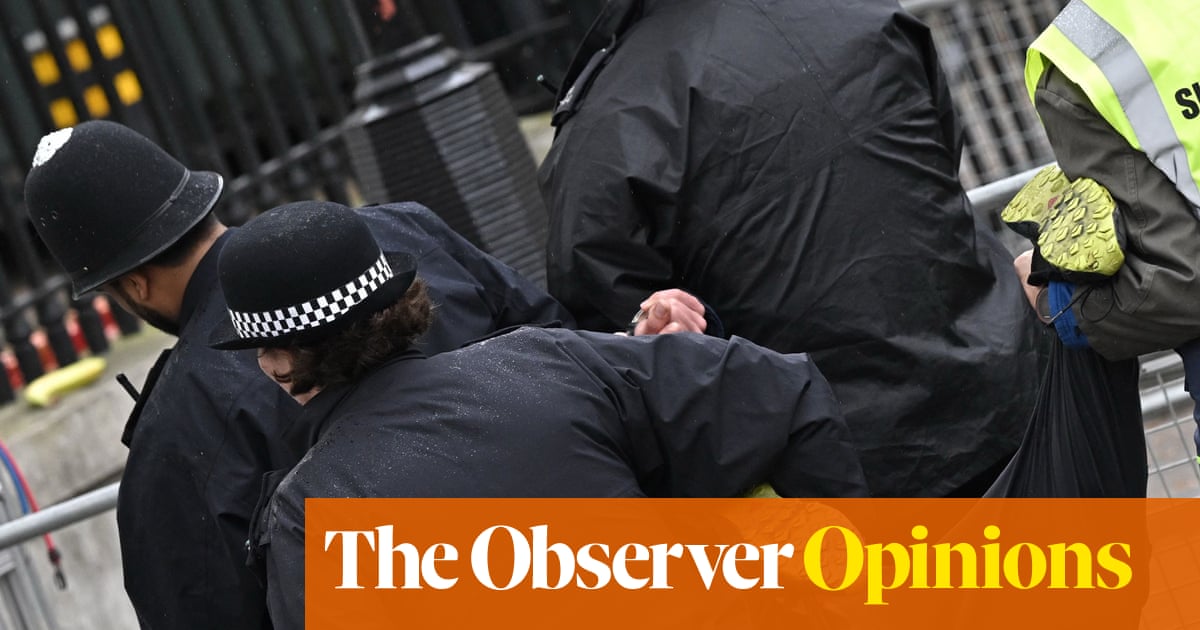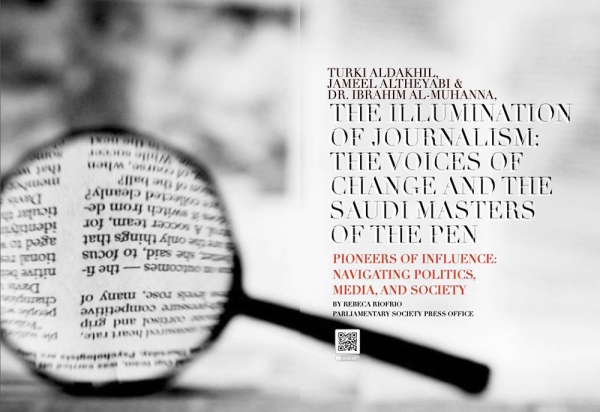
Doris Lessing always asked awkward questions. She posed them in her novels on subjects such as sex, politics and illusion. She posed them in her journalism about nuclear weapons and migration. And she posed them in her table talk, as I know from occasional meetings in the 1990s in a West Hampstead cafe that also appeared in some of her fiction.
At one such lunch, Lessing – whose life and work take up the entire new issue of Critical Quarterly magazine – recounted the story, which she later wrote about in her autobiography, of one of the most enduringly awkward questions that even she ever asked. In 1952 she joined a group of leftwing British writers, including my father, on a cold war visit to Stalin’s Soviet Union. During the visit, she grew frustrated by the endless official Marxist rhetoric from her hosts. So she and my father devised a question they hoped would produce a more honest and human discussion.
They came up with this: “Always, in every society, even in the most rigid, new ideas appear, are usually regarded as reprehensible or even seditious, but then become accepted, only to be swept aside in their turn by ideas at first considered heretical. How does the Soviet Union allow for this inevitable process, which prevents cultures going rotten, or stultifying?”
Their minder said it was a good question. He would give them an answer tomorrow. The next day, during a visit to Tolstoy’s house, the minder delivered his response. It was a deadening rebuff: “The Soviet Union under the guidance of the great leader Comrade Joseph Stalin will always make the correct decisions, based on Marxist principles.”
It had been a brave try, though a naive one. Doris would draw the lesson before my dad did. But the question endures. How does a society or its institutions listen and respond to facts and ideas that challenge its basic assumptions? It is a huge historical question, and it applies with particular explosiveness in revolutionary or religious regimes that imagine themselves on the side of history or God.
The selfsame question could be asked in present-day China, Iran, Saudi Arabia and Syria – but it would not get a straight answer in any of them. Yet it applies in western societies too. Established liberal democratic orthodoxies and institutions are not good at dealing with challenging and changing ideas either, as Britain has discovered to its great cost.
In a refracted way, a version of Lessing’s question cuts to the heart of many failings of Britain’s public and private institutions. When the BBC commissioned Lord Dyson to examine its handling of Martin Bashir’s 1995 interview with Diana, Princess of Wales, for example, my initial reaction was that it was a fairly pointless historical exercise. Yet the Dyson report proved me wrong.
By casting a clearer light on the facts behind the Bashir interview, the report exposed the deeper inadequacy of the BBC’s response. It highlighted larger cultural and governance faults, some of which may still exist. The supposed triumph of the Diana exclusive, the princess’s handwritten approval of it, and the need to defend their scoop, were all that had counted for the BBC.
Last week’s report by Baroness Nuala O’Loan’s independent panel on the 1987 Daniel Morgan murder investigation triggers similar concerns. The core issue is that the killing was not investigated properly and that the Metropolitan police service covered up its failings. It did so in part because some of its officers were corrupt, and in part for reasons of institutional self-interest that, in effect, licensed the corruption.
This shaped the Met’s approach to the panel itself. It took 15 months for the police even to agree the terms of their cooperation. And it took seven years before, in September 2020, the Met finally allowed the panel’s vetted staff to have independent and unsupervised access to the computerised records on the case. In short, as O’Loan put it: “The Metropolitan police’s first objective was to protect itself.”
If the Soviet minders of 1952 had been in charge of the press releases, they would doubtless have said that the BBC, under the guidance of Comrade John Birt, would always make the correct decisions; and that the Met police, led by Comrade Cressida Dick, would continue to apply correct Marxist principles in its work as usual.
Yet the BBC and the Met are not bad apples, as police chiefs like to call corrupt cops. Under pressure, they simply acted in defensive ways that have proved extraordinarily familiar in large and small institutions alike. The institutional self-defence reflex – blocking timely interventions that could have protected lives, prevented further abuses and saved enormous amounts of money – is widely shared.
Examples range from hospital inquiries to the Iraq war. And they are not confined to public bodies. High-profile charities (think Oxfam) and businesses (think Lehman Brothers or the News of the World) were brought low by similar false priorities. Today we are living through an egregious example of it in the shape of the deliberately delayed official inquiry into the UK’s Covid response failures.
Is there a way of answering Lessing’s question more effectively? In his marathon evidence session with MPs last month, Dominic Cummings defined the issue trenchantly. The delayed response to Covid, Johnson’s former chief adviser said, “was literally a classic historical example of groupthink in action. The process was closed, and that is what happens in closed groupthink bubbles: everyone just reinforced themselves. The more that people from the outside attacked, the more people internally said, ‘Well, they don’t understand, and they haven’t got access to all this information’ and whatnot. It was this classic groupthink bubble.”
Yet Cummings’ own answer will not do. His default approach is to be a disrupter, bringing in “assorted weirdos” to challenge the system. His problem is that this aggressive approach doesn’t actually work, as his own demise shows. Even more importantly, when he was confronted with a real crisis, as Covid loomed at the start of 2020, he too failed to act. If he had relied instead on the three Ts – tell the truth, be transparent, trust the public – he might still be in his job.
Groupthink comes in many forms. It can be physically enforced in a police state, as it was in Stalin’s Russia. Or it can infest an organisation that believes it is wholly engaged in virtuous work for the public good. Both the BBC and the Met proved vulnerable to that. In the event, each turned its back on the questioners and refused to engage with complexity.
Lessing’s question may not be easy to answer. But it really matters. And it needs to be asked more urgently than ever.
Martin Kettle is a Guardian columnist












